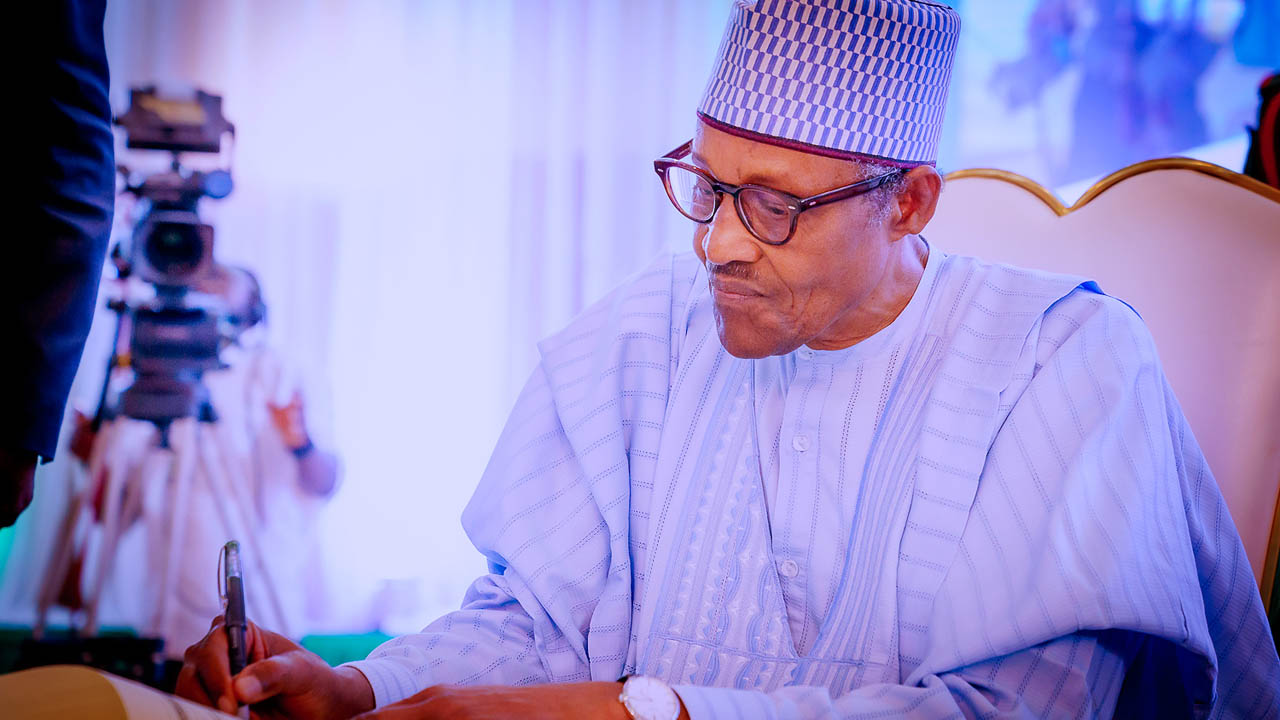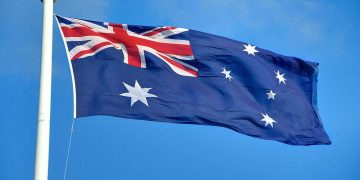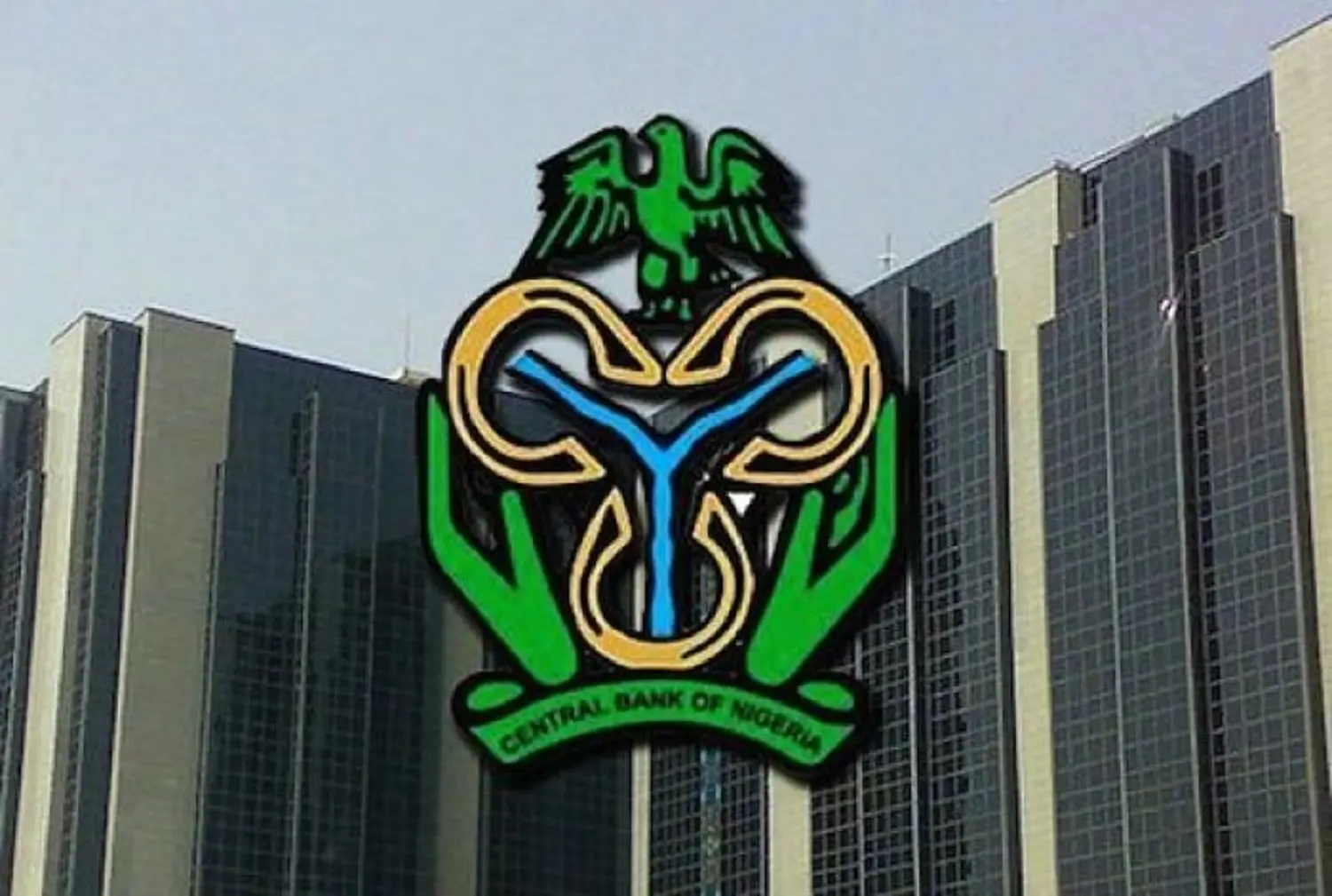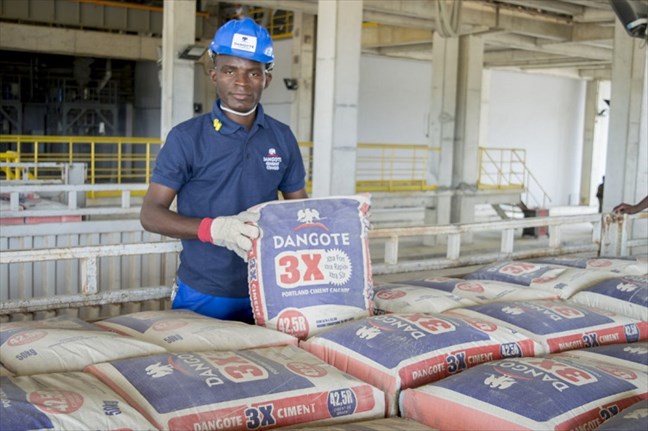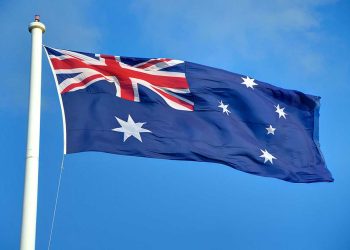According to projections, Nigerian President Muhammadu Buhari is on track to leave an external reserve of approximately $36 billion.
When he took office on May 29, 2015, the president had an external reserve of $29.4 billion.
The country was in the grip of a foreign exchange crisis at the time, with reserves having been depleted by a whopping $4.8 billion year to date.
Goodluck Jonathan’s government faced a different set of challenges at the time, primarily due to falling global oil prices and a forex policy of defending the naira with reserves.
External reserves under Buhari: However, as soon as Buhari was elected, the external reserves plummeted by $525 million by the end of that year.
Things worsened in 2016 when the country entered a recession as a result of the escalating crude oil crisis.
In addition, the government kept the exchange rate fixed at N197/$1 for nearly two years, causing reserves to fall as low as $23.9 billion in late 2016.
The dire consequences of operating with very low external reserve levels compelled the government to change its forex policy direction by introducing the Investor and Exporter Window operated by the FMDQOTC via NAFEX.
In addition, the central bank implemented an incentivized interest rate policy, offering high-interest rates in exchange for importing dollars into the country.
This policy contributed to an increase in external reserves of up to $47 billion in 2019, the highest level since 2013.
However, the policy was too costly to continue, especially since it did not focus on stimulating domestic production or resulting in significant export earnings.
As a result, the unwinding that began in 2019 coincided with the subsequent decline in external reserves.
The covid-19 pandemic exacerbated the situation by reducing foreign investment. External reserves had fallen by about $3 billion by the first quarter of 2020, to $35 billion.
Since 2020, a slew of IMF, World Bank, and Eurobond loans have helped shore up external reserves, as crude oil theft and apathy among foreign investors have dried up time-tested sources of forex inflow. According to net cash flows recorded for external reserves since 2022, the next president is likely to inherit around $36 billion.
Except in extreme circumstances, when it did so near the end of 2022, the central bank under Godwin Emefiele has been stingy with doling out forex to defend the naira.
A gradual increase in crude oil output is also beneficial to forex inflow sources, giving the central bank an advantage.
Added a buffer to keep reserve levels stable.
There are also no external loan repayments due between now and June, so reserve outflows will be tied to import payments.
The incoming president, on the other hand, must deal with a $500 million Eurobond due in July 2023 and a $1.118 billion bond due in November 2025.
Meanwhile, the CBN continues to devise policies aimed at increasing Nigeria’s forex inflows via the exchange rate.
This could be a boon for the next president if these policies result in significant inflows into the Nigerian economy.
When comparing economic performance, the size of reserves that a president inherits is frequently a point of contention.
The external reserve is a measure of an economy’s strength, particularly in terms of foreign currency stability, or the ability to pay for imports and defend its currency.
Presidential administrations and the head of the central bank will frequently look to increase the country’s external reserves, implying the currency’s ability to remain strong against other currencies around the world.


